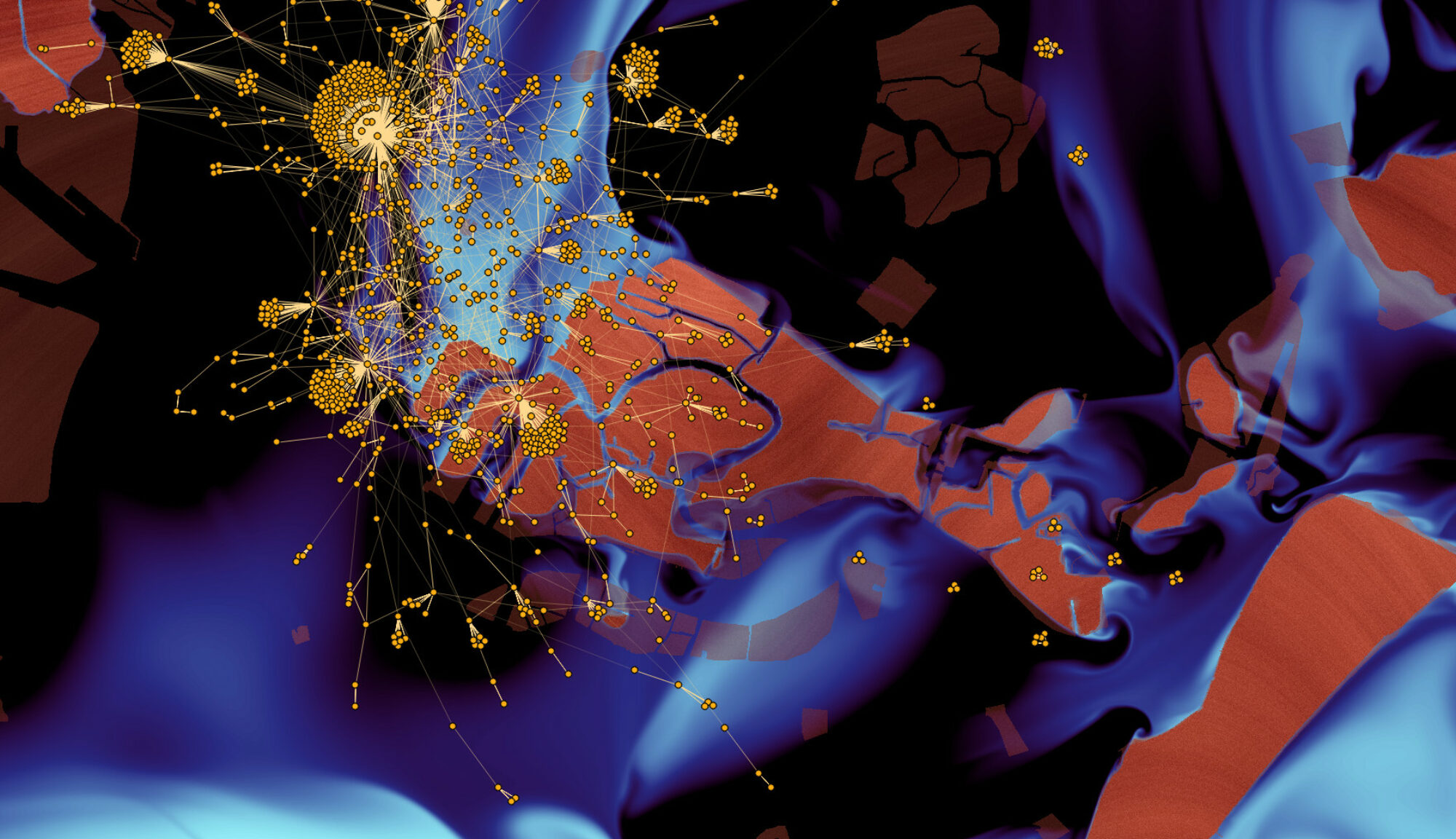Maximilien Danisch, Nicolas Dugué and Anthony Perez
2014 International Conference on Behavioral, Economic, and Socio-Cultural Computing (BESC 2014)
Influence on Twitter has drawn a lot of attention these past few years since this microblogging service is used to share, seek or debate about any kind of information. Several tools providing so-called influential scores have thus been proposed. However, the algorithms behind them are kept secret and it is not clear how they consider influence. Yet, many users rely on such tools to evaluate and even try to improve their influence in the Twitter network. In a recent work, it has been shown that automatic accounts can obtain high influential scores with no intuitive reason. Extending and completing this work, we show that such measures fail at distinguishing so-called social capitalists from real, truthful users. This enlights the fact that actual scores do not seem to consider the way followers and interactions are obtained on the network. To overcome this issue, we define a classifier that discriminates social capitalists from truthful users. To that aim, we crawled the Twitter network to gather examples of certified social capitalists and regular users and obtained features related to the profile and behavior of each user. We then use such a classifier to balance Klout’s score to adjust influential scores. We also developed an application that allows using our classifier online. We believe our work should raise the question of the legitimacy of influence on Twitter, and lead to significant improvements in the way it is measured.
